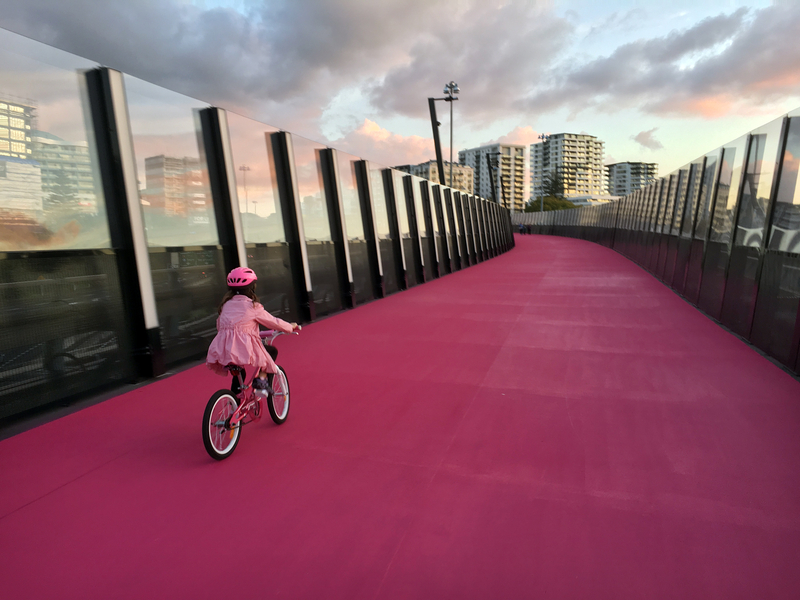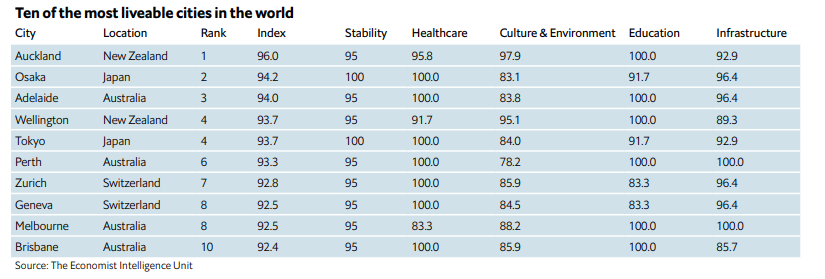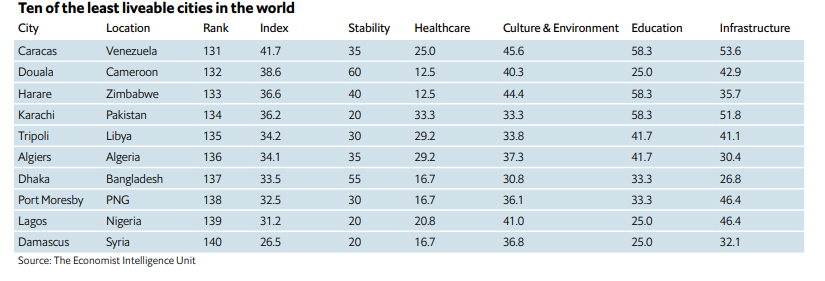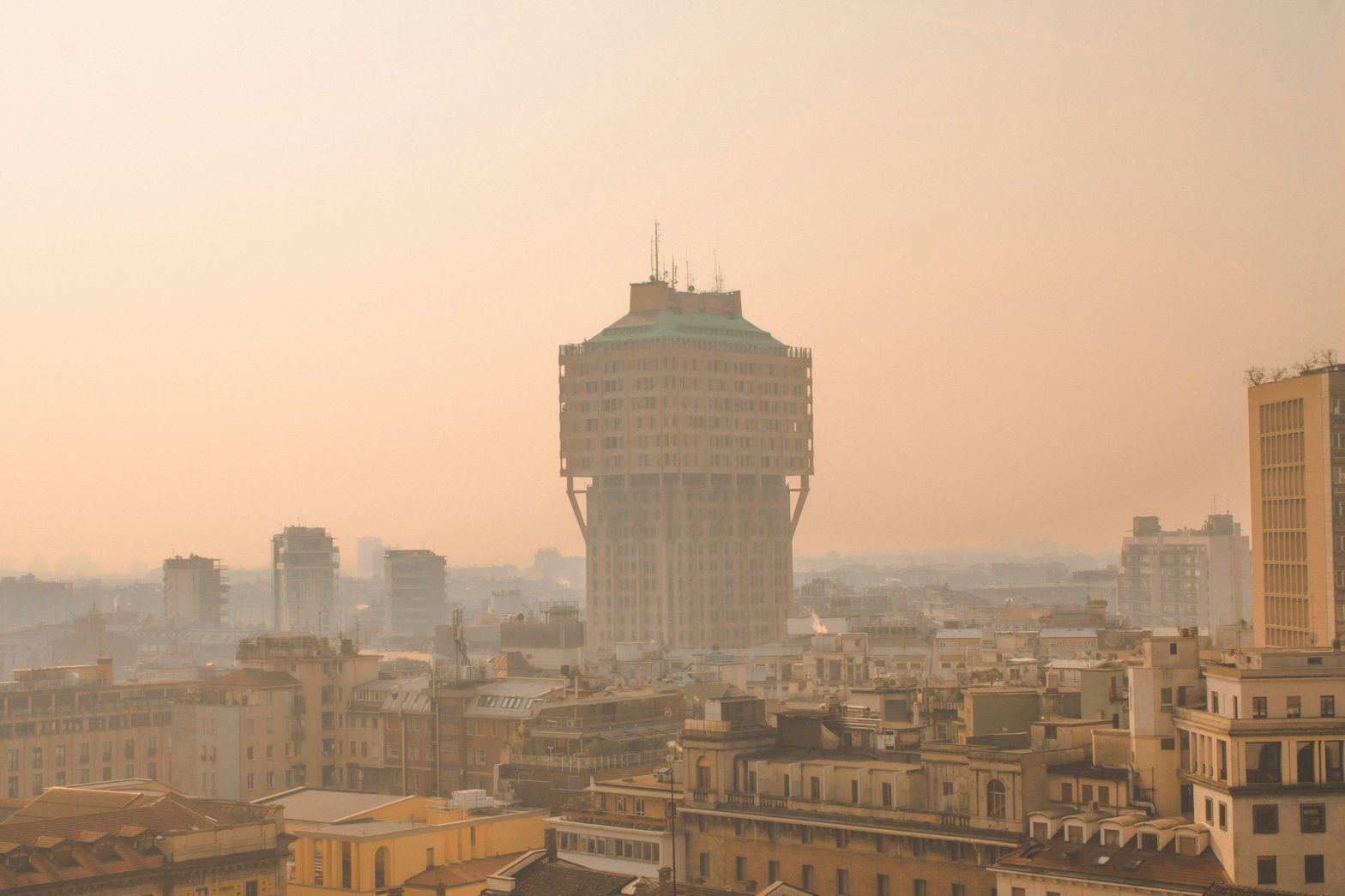
Photo: Rafael Ben Ari | Dreamstime.com
Auckland named world’s most liveable city as COVID reshuffles rankings
09 June 2021
by Sarah Wray
The COVID-19 pandemic has dramatically reshuffled the Economist Intelligence Unit’s ranking of the world’s most liveable cities and could change lifestyle priorities for the long-term.
Auckland, New Zealand took the top spot from Austria’s capital Vienna, which has fallen to twelfth place.
Eight Asia-Pacific cities dominate the Economist Intelligence Unit’s (EIU) 2021 liveability top ten, including Osaka, Adelaide, Wellington and Tokyo, which round out the top five.
The EIU says Auckland rose to the top, from twelfth place in the previous ranking, due to its successful approach in containing COVID-19, which allowed its society to remain open and the city to score strongly on a number of metrics including education, culture and environment.

The ranking examines 140 cities across stability; healthcare; culture and environment; education; and infrastructure using 30 qualitative and quantitative factors to give an overall liveability score. Pandemic-related indicators have been introduced this year to assess restriction levels and the stress on healthcare resources. The report was last published in 2019 as the 2020 edition was cancelled due to COVID-19.
Biggest movers
The biggest gainer in this year’s index is Honolulu, which rose 46 places to fourteenth, with the report citing its strong progress in containing the pandemic and rolling out its vaccination programme. The other biggest climbers include Houston, Madrid, Miami and Barcelona.
Overall, the pandemic caused liveability to decline, the EIU said, as cities experienced lockdowns and significant strains on their healthcare systems. This led to an “unprecedented level of change” in the rankings, with many of the cities that were previously ranked as the most liveable tumbling. Hamburg fell 34 places to 47th. Frankfurt, Dusseldorf, Prague and Dublin are also among the biggest movers down.
Upasana Dutt, Head of Global Liveability at The Economist Intelligence Unit, said: “The COVID-19 pandemic has taken a heavy toll on global liveability. Cities across the world are now much less liveable than they were before the pandemic began, and we’ve seen that regions such as Europe have been hit particularly hard.
“The cities that have risen to the top of the rankings this year are largely the ones that have taken stringent measures to contain the pandemic. New Zealand’s tough lockdown allowed their society to re-open and enabled citizens of cities like Auckland and Wellington to enjoy a lifestyle that looked similar to pre-pandemic life.”
According to the EIU, Damascus remains the world’s least liveable city, due to the impact of the civil war in Syria.

Long-term impact
The report says that the pace of recovery of liveability in most regions will be determined by how effectively the health risks of the pandemic can be controlled, through a combination of vaccination, testing, tracing and quarantine measures.
But it notes: “What residents value in their cities may also have changed, with green spaces becoming more popular and public transport less so than before the pandemic.”
Avoiding a car-led recovery from COVID-19 is a priority for many cities, so the idea that public transport could become less important to people beyond the pandemic will be of concern.
Image: | Dreamstime.com








